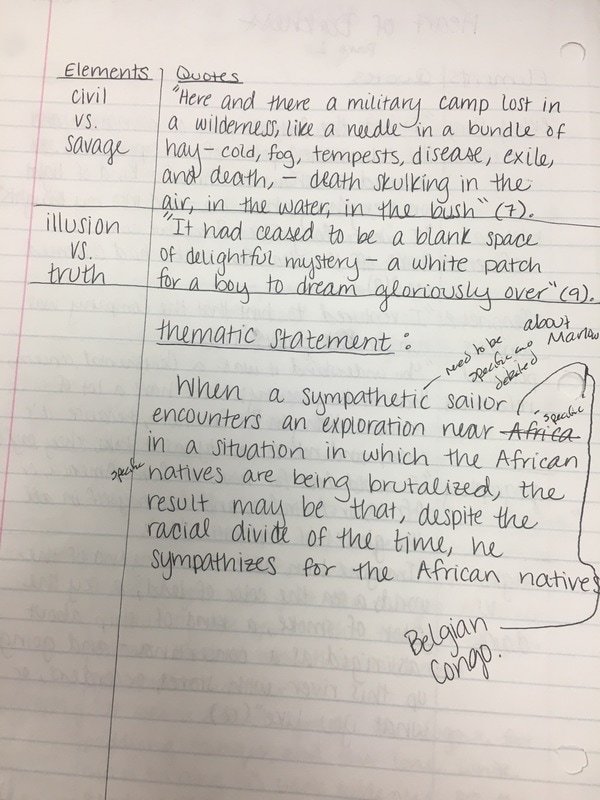

“As they said in the film, ‘No one has ever come before to ask us about our history.’”Ĭonrad’s novella was first serialised in Blackwood’s Edinburgh Magazine in 1899 and is now considered a seminal piece of literature for its brutal critique of European colonialism and the devastating effect it had on African civilisations. “We purposefully went out to make sure that in our film, Africans speak regularly,” Nylander tells BBC Culture. This chance for the Nigerien tribes to share their perspective of the impact of colonial rule was something Conrad never afforded his African characters. Taking cues from Joseph Conrad’s classic novella Heart of Darkness, Nylander travelled to the African country to retrace Voulet’s steps for the film and give voice to those still living with the collateral damage of his campaign.

Other free readings of Conrad’s novella can be found on Librivox.In a year that has sharpened the focus on how Britain’s Imperialist legacy is remembered, the arrival of African Apocalypse seems rather prescient. The documentary – fronted by British-Nigerian poet-activist Femi Nylander and directed by Rob Lemkin – is a nonfiction retelling of the real-life barbarity inflicted on the people of Niger, in West Africa, by a French army captain called Paul Voulet.


In November, Kenneth Branagh will release his own version–which you can download for free if you join ’s 30 free trial program. It’s free on Spotify and will be added to our list, 1,000 Free Audio Books: Download Great Books for Free. And, notes Harold Bloom, it has “had a striking influence on writers, artists, and thinkers from all over the globe.” Below, you can listen to a reading of Heart of Darkness by British stage and voice actor Hayward Morse. What halted the novella’s momentum was a stinging rebuke from Chinua Achebe, father of modern African literature, who criticized the way it “projects the image of Africa as ‘the other world,’ the antithesis of Europe and therefore of civilization…”ĭespite the controversies surrounding the text, Heart of Darkness remains widely read in American high schools and universities. Selected by the Modern Library as one of the 100 best novels of all time, Joseph Conrad’s Heart of Darkness was originally published as a three-part serial story in Blackwood’s Magazine in 1899, then later as a novella in the 1902 collection Youth: A Narrative and Two Other Stories. A complex and controversial “meditation on colonialism, evil, and the thin line between civilization and barbarity,” Heart of Darkness gained literary stature during the 1950s and 1960s, before peaking in the late 1970s–precisely around when Francis Ford Coppola released Apocalypse Now, a film loosely based on Conrad’s tale.


 0 kommentar(er)
0 kommentar(er)
